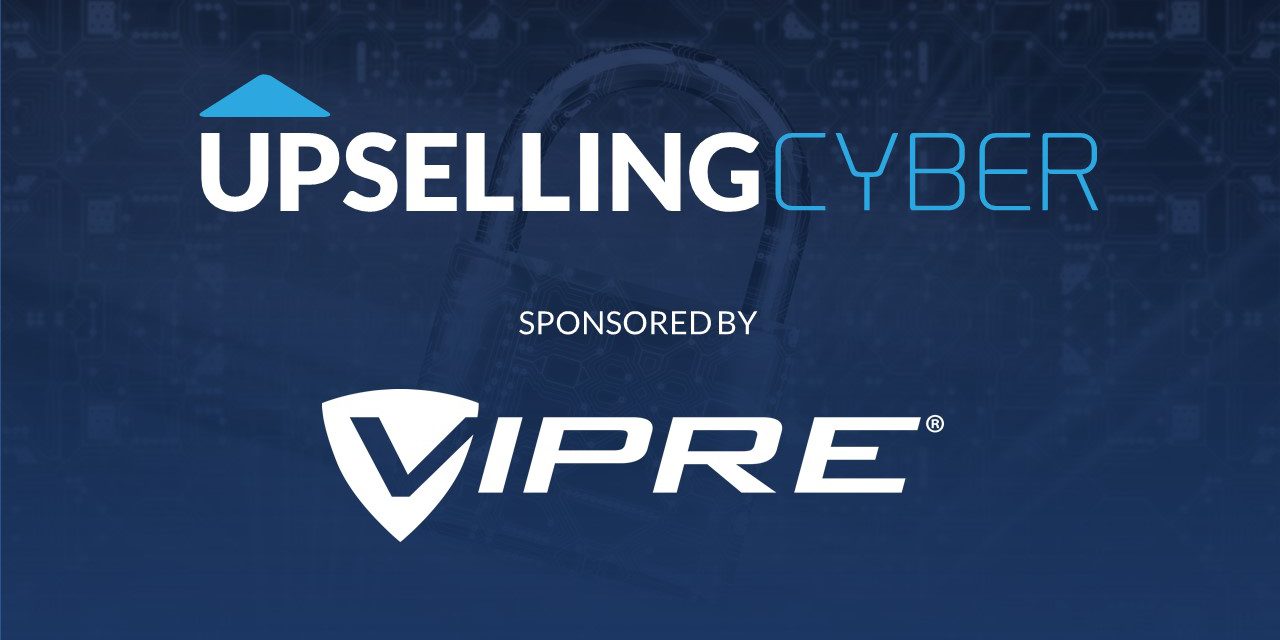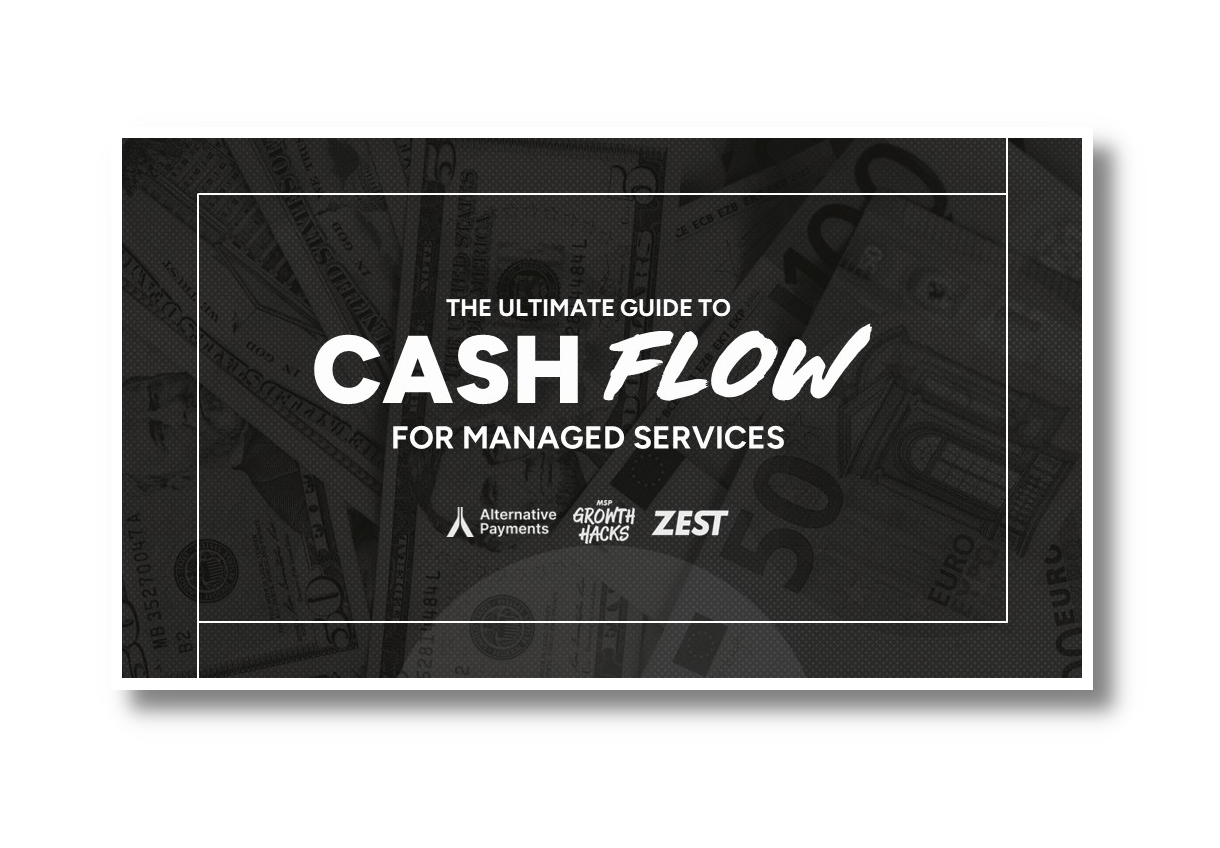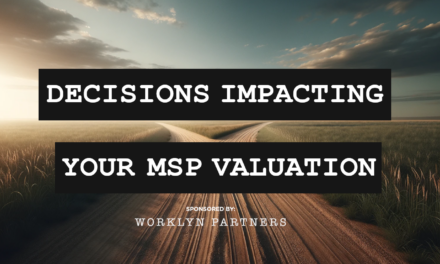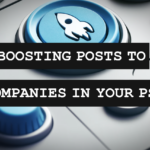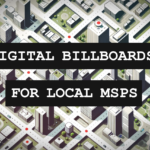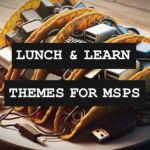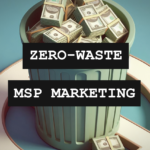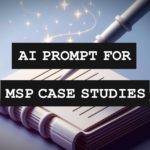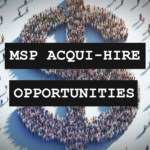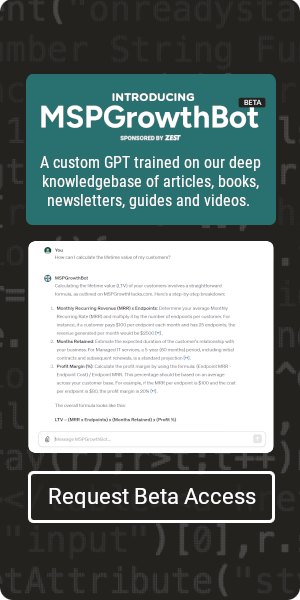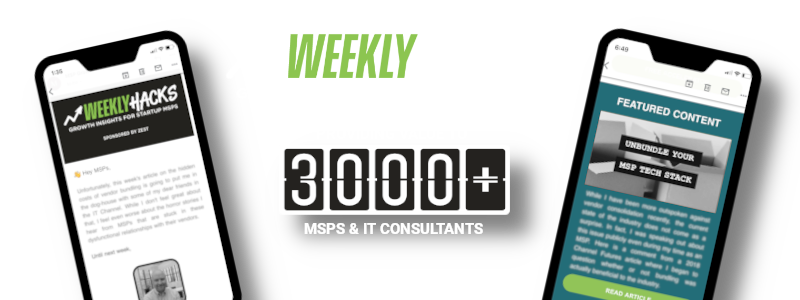When it comes to identifying upsell opportunities, we often think of repetitive client meetings, exhaustive quarterly business reviews, or ad-hoc opportunities that frankly fall on our lap. While these are all good in practice, I have found that the ripest of opportunities often appear on the Level 1 Help Desk and with the right processes in place can be harvested at the perfect time. This is especially true of cyber security issues, as you are able to provide preventative and remedial solutions immediately at the point of attack when the buyer is most likely to engage.
Here is an example of a scenario that you are likely all too familiar with: An end-user forwards a suspicious email to your Help Desk asking them to identify whether or not it is authentic. The email contains an attachment disguised as a PDF but is very likely to contain malware. Your Technician assesses it, confirms the user’s suspicions and quarantines the email (maybe even blacklists the domain), ultimately “resolving” the user’s problem.
At this point, your Help Desk Technician is very likely to close the ticket and move on. In their eyes, their work is done and this isolated incident is common enough not to set off any alarms. Instead, what if this ticket was now escalated to a sales queue and an opportunity was created for email security add-ons such as attachment sandboxing or phishing protection? Your Sales Engineer could now evaluate these solutions and create a proposal to present to Decision Makers at the company, along with a brief timeline of what just occurred and an explanation of how it can be prevented. Now this opportunity has context and what would have likely been a routine ticket now has the potential to increase the value of your customer.
Creating Incentive Programs for Technicians
It is important to realize that when your Technicians interact with client end-users, they are not necessarily having the same type of “business conversations” that you may have anytime you interact with a client. Both the Technician and the end-user simply want to resolve the issue at-hand quickly and efficiently so that they may continue on with their day.
I have found that the best way to change a Technician’s perspective on this is by offering them an incentive when they work a ticket that produces a successful upsell. How much you would like them to be involved in this process and the amount of the incentive is up to you, but most likely you will have some Technicians who start to actively seek these incentives with every ticket they touch and others who are not equally as motivated. The important thing is that you now have “eyes on the ground” and do not rely on vague reporting or manual review of ticket details to trigger opportunities.
Classifying Issue and Sub-Issue Types
While incentive programs are bound to increase the amount of opportunities you touch, they will likely not yield them all. This is why building automation in your PSA is also time well-spent to act as a backstop for missed opportunities. One of the triggers that we have found to work well is the classification of issue and sub-issue types on tickets. For example, if you wanted to identify tickets that would lead to security training opportunities, then you could look for tickets with the issue and sub-issue of Cyber Security > Email respectively.
In order for your technicians to properly classify tickets, you will need to first create these options within your PSA. The way our MSP approached this was to create an exhaustive list and then find a way to fit them into what we already had. We found that the problem with overhauling your issue types is that deleting them will affect the accuracy of older tickets. In this case, you must choose whether you want to start fresh with an entirely new list or simply supplement what you have to maintain an accurate history.
The Ultimate Guide To Cash Flow For Managed Services
Sponsored by Alternative Payments & Zest
Utilizing Notifications, Queues and Automation
Once you are confident in your ticket classification, create a list in your internal documentation matching each sub-issue with a potential upsell opportunity. This way your team members can easily review a ticket and know what products and/or services to qualify for. If you would rather escalate this to a Sales Engineer or Account Manager, then the most failsafe way to do this is through some type of automation.
Email notifications, ticket assignments, or queue transfers are all potential actions that you can automate to ensure that this ticket is getting seen by the person responsible for creating quotes and proposing solutions. Our MSP had an “Opportunities” queue that our team could escalate tickets to, which would automatically be assigned to a Salesperson. They would then review the ticket and reach out to the Decision Maker at the client company to discuss. After noting their conversation, they would either get a signed proposal or de-escalate it back to our Help Desk to be finished and closed.
The Ultimate Guide To Cash Flow For Managed Services
Sponsored by Alternative Payments & Zest
Maintaining Quality and Speed of Service
One of the biggest hurdles that we came across was that this escalation was slowing down our ticket resolution, which ultimately affected the level of service that we could offer. When evaluating this issue we tried to put steps in place to identify early on whether an upsell was “required” or “not required” as it related to the resolution of the ticket. For those tickets that the upsell was not required, our teams would be instructed to complete the ticket first before escalating to sales. For those that were required, they would be escalated immediately and it would be up to the primary Decision Maker at the client company to instruct on how they would like to proceed.
This process requires just as much follow-up as any other sales opportunity that you may have, which is why it is equally important to keep accurate notes and stay organized. If you see these upsell opportunities starting to pile up, try building automatic follow-up emails to notify Decision Makers of your request for approval. Overall, the more you invest into improving this process, the more opportunities you will generate. You know as well as anyone that these services are incredibly valuable and Level 1 tickets can offer the context you need to sell them.
Watch as Author Kevin Clune and VIPRE’s Jason Norton go “beyond the blog” to discuss which issue-types to upsell, using context to close deals, and more!

SPONSORED BY ZEST
